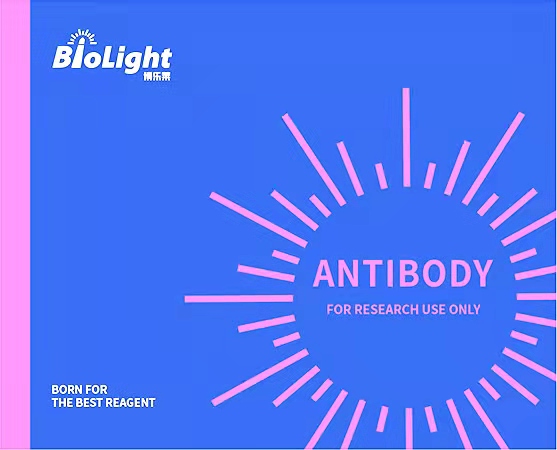
Anti-Acetylated-Lysine Antibody, Recombinant Antibody
產(chǎn)品編號(hào):RPTMC0M1
¥ 詢價(jià)
規(guī)格 100ug
產(chǎn)品名稱:Anti-Acetylated-Lysine Antibody, Recombinant Antibody
克隆號(hào):/
抗體亞型:IgG2a
經(jīng)驗(yàn)證的應(yīng)用:WB
交叉反應(yīng):all
特異性:Recognizes Acetylated-Lysine
免疫原:Synthetic peptide
制備方法:/
來(lái)源:Recombinant Mouse IgG
純化:Protein A purified
緩沖液:Supplied in PBS, 50% glycerol and less than 0.02% sodium azide, PH7.4
偶聯(lián)物:Unconjugated
狀態(tài):Liquid
運(yùn)輸方式:This antibody is shipped as liquid solution at ambient temperature. Upon receipt, store it immediately at the temperature recommended.
儲(chǔ)存條件:This antibody can be stored at 2℃-8℃ for one month without detectable loss of activity. Antibody products are stable for twelve months from date of receipt when stored at -20℃ to -80℃. Preservative-Free. Avoid repeated freeze-thaw cycles.
別稱:/
背景信息:Acetylation of lysine, like phosphorylation of serine, threonine or tyrosine, is an important reversible modification controlling protein activity. The conserved amino-terminal domains of the four core histones (H2A, H2B, H3, and H4) contain lysines that are acetylated by histone acetyltransferases (HATs) and deacetylated by histone deacetylases (HDACs). Signaling resulting in acetylation/deacetylation of histones, transcription factors, and other proteins affects a diverse array of cellular processes including chromatin structure and gene activity, cell growth, differentiation, and apoptosis. Recent proteomic surveys suggest that acetylation of lysine residues may be a widespread and important form of posttranslational protein modification that affects thousands of proteins involved in control of cell cycle and metabolism, longevity, actin polymerization, and nuclear transport. The regulation of protein acetylation status is impaired in cancer and polyglutamine diseases, and HDACs have become promising targets for anti-cancer drugs currently in development.
全稱:/
說(shuō)明書(shū):待上傳

